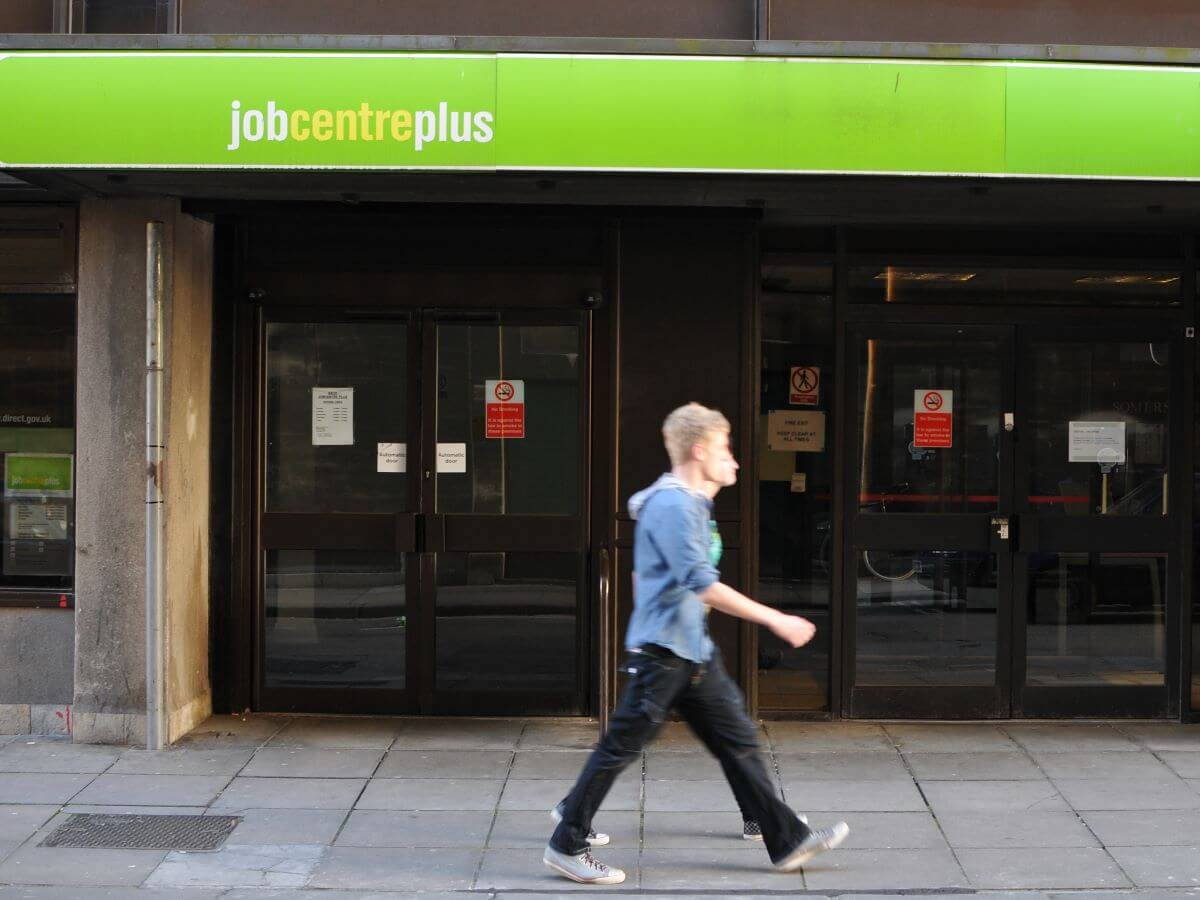Recent policy changes at the DWP halt job centre referrals to food banks over data privacy concerns, sparking worries about delayed crisis assistance for vulnerable households amidst rising demand. Here’s the full story.
A Functioning Society
One of the signs of a functioning society is its ability to properly feed, clothe, educate, protect and house its citizens.
In one of these metrics, the UK is failing miserably. Due to the cost of living crisis which has gripped the country, more and more people are being pushed into food poverty.
However, this inability to feed a large percentage of the population is not due to a lack of food; there has been no UK-wide famine widely unnoticed by the rest of the world.
Tough Choices
This lack of food security is caused by either the prices of food, which have risen sharply in recent years, or the high costs of other necessities, which lead to families making tough choices.
The difficult decision to “heat or eat,” heating their homes or filling their stomachs, is one that poorer Britons must make every day.
Witnessing the suffering of their fellow citizens, charities and community groups have stepped up to take over what is arguably the state’s duty.
Food Banks Appear
Food banks have appeared up and down the country to give out free food to those in need so that they are not at risk of starving in the sixth richest country in the world.
However, access to these food sanctuaries is now at risk, thanks to a recent change in policy at the Department for Work and Pensions (DWP).
The DWP has decided to stop the practice of Jobcentres, where unemployed people go to be evaluated for their benefit claims, referring benefit claimants to food banks, citing concerns over data privacy.
This alteration, outlined in an internal briefing seen by The Guardian newspaper, signals a departure from the longstanding practice of issuing “signposting slips” containing personal claimant data for accessing food aid.
Serious Concerns
While intended to address data privacy issues, the move has raised serious concerns among charities about potential delays in crisis assistance for vulnerable households.
Jobcentres have played a crucial role in facilitating referrals to food banks through DWP-designed signposting slips for years.
These slips containing vital information, such as the claimant’s name and the number of children they support, were essential for accessing food aid, as many food banks required formal referrals before offering assistance.
Data Privacy
The DWP’s decision to cease issuing these signposting slips stems from concerns over data privacy and the potential misuse of personal claimant data.
The internal DWP briefing deemed these slips an “inappropriate use of personal claimant data,” leading them to revise the referral process to align with data protection regulations.
Under the new guidelines set by the DWP, the signposting slips will now only provide basic information such as the name, address, and opening times of food banks.
Charities in Uproar
Charities and food banks have been in an understandable uproar over the DWP’s decision, expressing serious concerns about this change’s potential impact on vulnerable people.
One food bank manager condemned the move as “immoral and unethical,” particularly given the rising demand for emergency aid among households who continue to struggle with the cost of everyday necessities.
GDPR Policies
The Trussell Trust, a leading food bank network, asserted that they comply fully with General Data Protection Regulation (GDPR) policies.
Formal referral partners maintain data protection agreements with food banks to ensure secure information sharing while facilitating access to essential aid for those in need.
Government welfare policies, including inadequate benefit levels, sanctions and delays in access to Universal Credit, are all significant causes of food bank reliance among low-income households.
These deeply ingrained structural issues worsen the financial strains families feel, leading to soaring demand for food aid across the UK.
Standing Alone
This decision is believed to make the DWP the sole significant public agency that does not officially recognize food banks as part of its policy.
With the ending of direct referrals from Jobcentres, benefit claimants must now seek assistance from other accredited agencies to obtain food parcels.
However, serious concerns have been raised about the ease with which claimants can access these agencies, which could lead to them being refused food from food banks as they need the proper documentation.
Recession 2.0
This all comes as the UK is officially back in a recession, with rising homelessness rates and inflation remaining stubbornly high.
Unions also rejected the move by the DWP. Jobcentre staff members, represented by the PCS union, have spoken out against what they saw as a dehumanizing move from the government, making it harder for them to help those who need it most.
The DWP’s decision to halt food bank referrals is a damning indictment of a government whose laissez-faire attitude to the weakest in society is placing an undue strain on already overwhelmed food banks.
More Articles Like This…
Broken Britain: 12 Reasons Behind the UK’s Decline
Say the Unsayable: 10 Occasions When Farage Spoke His Mind About Britain
The post ‘Immoral and Unethical’ – DWP Changes May Delay Access to Food Banks Causing Claimants to Choose Heating or Eating first appeared on Edge Media.
Featured Image Credit: Shutterstock / 1000 Words.
Grant Gallacher is a seasoned writer with expertise in politics and impactful daily news. His work, deeply rooted in addressing issues that resonate with a wide audience, showcases an unwavering commitment to bringing forth the stories that matter. He is also known for satirical writing and stand up comedy.

